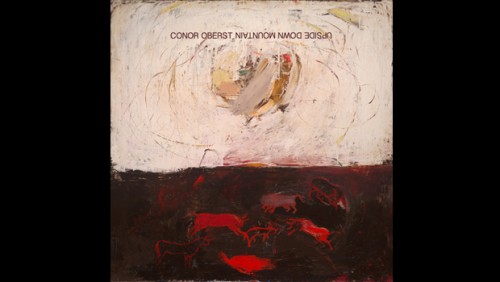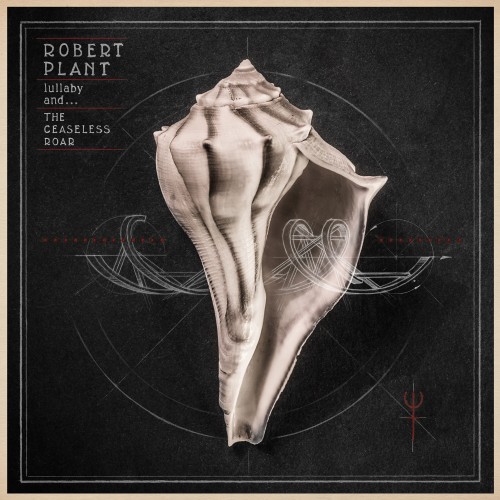By Max McKeon
Boy genius. The next Bob Dylan. Conor Oberst has dealt with these claims head-on in his lengthy career, and rightfully so. Since performing and recording at the ripe age of 13, Oberst has evolved into a cult-like figure, with fans (literally) stalking him at every turn. Known for his work in the indie-folk group Bright Eyes, he’s undeniably a talented musician. For his sixth solo album “Upside Down Mountain,” his first since 2009’s self-titled “Conor Oberst,” Oberst seems to be coming to terms with himself in the grand scheme of life. At 34 years old, he’s seen the ups and downs of fame and isn’t afraid to tackle sensitive subjects — just Google the lyrics to “Lover I Don’t Have to Love,” arguably the most famous song from his Bright Eyes era, to get an idea of his confessional songwriting. Yet, instead of getting trapped into tales of old lovers and friends — and taking the easy way out — Oberst shows an honest portrait of himself growing up on his most recent album — and as a result, it’s his best work since 2005’s critically acclaimed “I’m Wide Awake It’s Morning.”
Oberst is a storyteller first, and a musician second. His arrangements, while intricate and unique, usually fall second to his songwriting ability. “Upside Down Mountain” reflects a more musically aware Oberst and proves he isn’t just a masterful storyteller but also a fine musician at that. Arrangements on tracks like “Hundreds of Ways” and “Governor’s Ball” showcase a production style that we haven’t seen from the singer, and help lift his songs from generic folk/Americana to new sounds. A small horn here, or guitar reverb there are subtle changes to what fans of his past material expect from the singer/songwriter. “Double Life” shows the artist’s new arrangements generating fantastic results; the track has a slow-burning Western guitar twang that shouldn’t feel different compared to Oberst’s large discography, but the way in which he slowly strums is different. It feels more mature, and more focused, like Oberst is consciously playing each note with heart. He isn’t the shy, emotional 20-something anymore who fans have grown to love, and the lyrical content on his new album represents this change. He’s a married man, and tracks on “Upside Down Mountain” reflect this newfound sense of maturity. Death and mortality are common themes in his songs, with Oberst singing, “I’m going to leave here before too long” on the catchy “Zigzagging Through The Light.” With “Zigzagging,” Oberst comes to terms with growing old and the realization that youth doesn’t last for long.
Lyrically, the album houses some of Oberst’s strongest tracks and also his most straightforward storytelling. “You Are Your Mother’s Child” is a shining example of Oberst laying his cards out on the table; it’s a heartwarming yet sorrowful story of a mother and son’s relationship. “You are mother’s child/And she’ll keep you for a while,” Oberst sings, taking listeners through a boy’s life, from birth to high school graduation, in a short four minutes. It’s cheesy, sure, but in a good way — a meaningful way. It’s as if Oberst really has grown up, and aware of his past weaknesses in songwriting, playfully jabs at what we would expect him to put out. And it works perfectly as planned. The previously mentioned “Governor’s Ball” is another track where Oberst plainly tells a compelling story, this time having a character visit the famed New York music festival. With both songs, Oberst’s new sense of clarity shines in his writing on “Upside Down Mountain.”
The next Bob Dylan? The jury is still out, and only time can really tell. At the very least, Oberst’s discography makes a compelling argument. The music world has watched him grow up before their eyes, relatively unscathed by the critics that love or loathe his work (a remarkable feat in its own right). On Oberst’s new album, he continues to grow up into a fine not-so-young, not-so-old man. The growing pains have gone away, leaving behind a new, and better, man.
Rating: 75/81




Leave a Reply